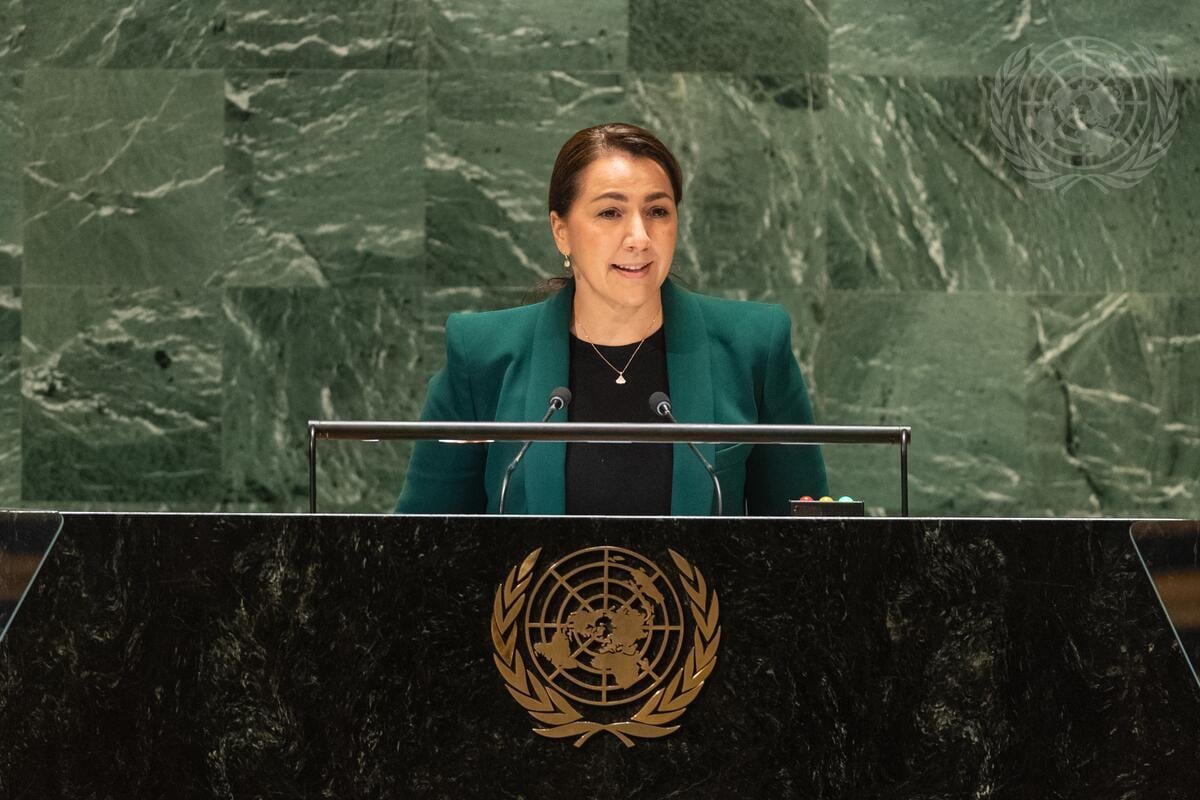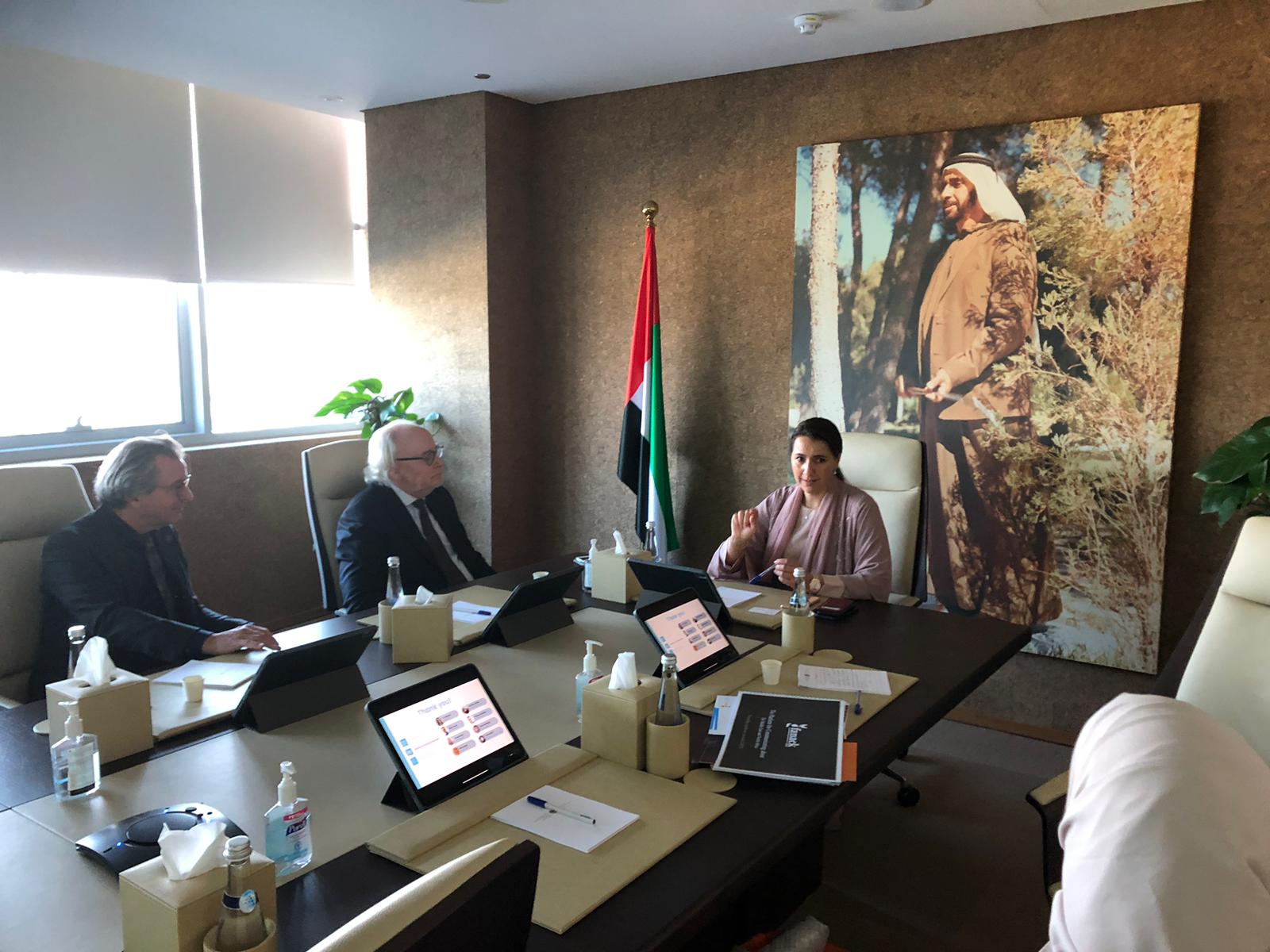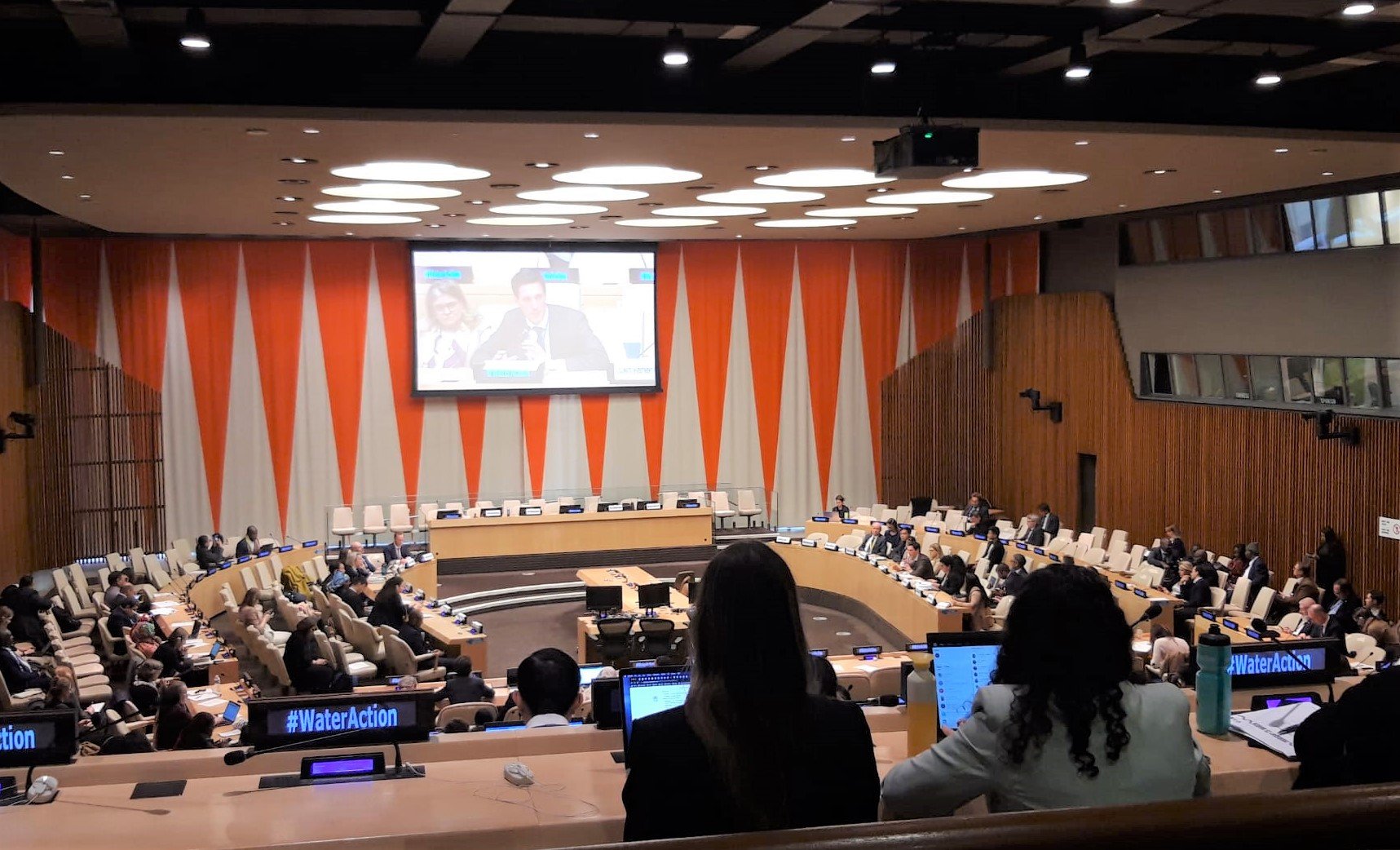
Author: Matt Luna / Fanack Water
The 2023 UN Water Conference, held from March 22-24 at the UN offices in New York, explored agreements on elevating the role of water across sectors with cautious optimism. Even though the future of achieving SDG6 access to water and sanitation for all is uncertain, these three days of global cooperation signaled a welcome resolve. This is significant because the last UN Water Conference was held in 1977, years before the effects of climate change became as visible through water as they are today.
In the previous 27 COPs, the UN and the world addressed climate change, with the vast majority of attention focused on mitigating rising temperatures. Adaptation, which involves water in nearly every aspect, has only grown in importance in COP discussions in recent years. The past two COPs in Sharm el-Sheikh and Glasgow featured a partnership-based Water Pavilion in the Blue Zone for delegates and a diverse range of attendees from NGOs and institutions, indicating the level of interest. Furthermore, the first COP-day dedicated almost entirely to water (Gender and Water issues) took place last year at COP27.

As the challenges of water scarcity and management multiply, particularly in the Middle East and large swaths of Africa, there is growing momentum to prioritize water in climate action. The side event “From UN Water Conference to COP28: Accelerating Water and Climate Action” on Day 2 of the Conference heard global stakeholders recommend actions to address the water-climate nexus. H.E. Mariam Almheiri, Minister of Climate Change and Environment in the United Arab Emirates, which is hosting COP 28 this year, was the event’s opening speaker. Minister Almheiri stated that a wide range of sectors are dealing with urgent water issues, ranging from scarcity to extreme weather, but that there are opportunities for action to mitigate future impacts.
The UAE COP28 Presidency, Egypt, the Netherlands, Tajikistan, UN-Water, and the Stockholm International Water Institute co-hosted this side event on water and COP 28, which included voices for and by youth. According to UNICEF Director Catherine Russell, “children bear the greatest burden of climate impacts, and climate change is inextricably linked to water insecurity and environmental disasters.” A WASH (Water, Sanitation, Hygiene) program representative echoed the catchphrase, “If climate change is the shark, water is the teeth,” in calling for commitment and accountability for water in climate policies, noting that everyone impacted should have a voice in future planning.
Approximately 7,000 participants in Water Conference side events sought agreement on overarching themes such as how to implement better local water resource action guided by data-driven global strategy. Exchanges in the frequently crowded UN meeting rooms proposed commitments in economic and regulatory policies that would contribute to national plans for adaptation, resilience, and impact mitigation.

The 2023 UN Water Conference, organized by the Netherlands and Tajikistan, created a space for sectors to collaborate on strategy for new demands on water resources and security. The months leading up to COP 28 may reveal whether this opportunity was truly a starting point. Dane McQueen, Director of Programs and Partnerships, COP28 / UAE Office of the Special Envoy, urged all COP participants, not just delegates, to “bring water solutions to the table, which will better enable the UAE to bring them on board at COP 28.”

